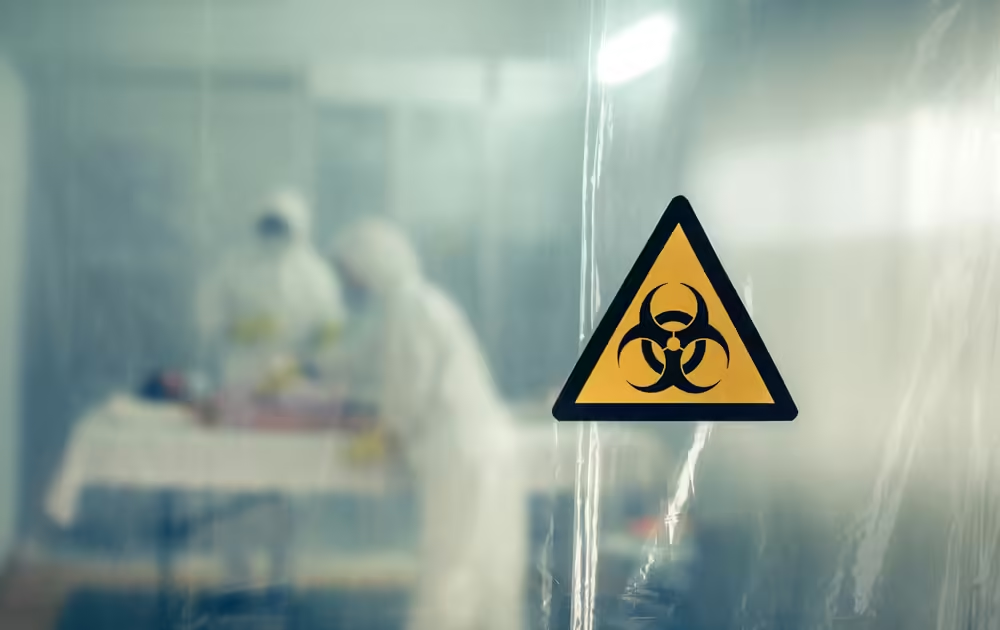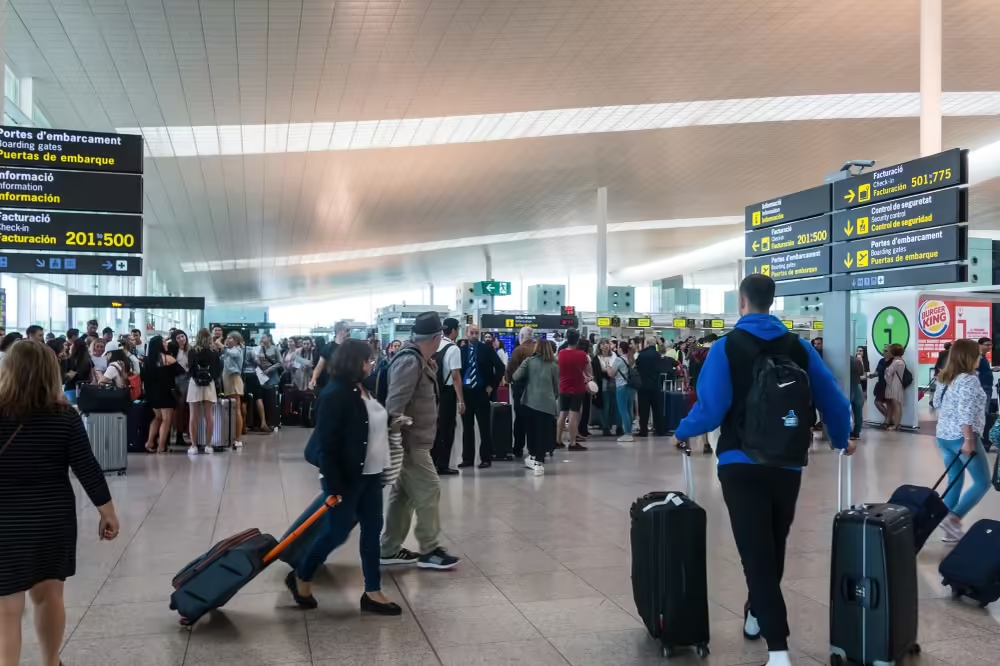UPDATE:Alarming MPOX Outbreak in Africa: A Global Health Threat?
UPDATE: On Wednesday, August 14 the World Health Organization (WHO) declared a global health emergency due to the escalating spread of mpox in Africa, raising concerns about the potential for the virus to cross international borders.
WHO director-general Tedros Adhanom Ghebreyesus announced an emergency committee meeting, highlighting the severity of the situation. The Africa Centers for Disease Control and Prevention had already declared mpox a public health emergency on the continent a day earlier. This year alone, Africa has reported over 14,000 cases and 524 deaths, surpassing last year’s totals, with the majority—over 96%—occurring in Congo. Scientists are particularly alarmed by the emergence of a new strain of the virus in Congo, which appears to be more easily transmissible among humans, heightening fears of further spread.
The ongoing MPOX outbreak in Africa is raising alarms among global health experts, as the deadly virus crosses borders and threatens to become a significant global health crisis. The situation has escalated to the point where world health leaders are considering labeling it a public health emergency, echoing concerns seen during previous outbreaks.
What Is MPOX?
MPOX, formerly known as monkeypox, is an infectious disease caused by a virus. It typically begins with flu-like symptoms such as fever, chills, and muscle aches, followed by a rash that develops into fluid-filled blisters before forming scabs. The virus exists in two main types, or ‘clades.’ Clade I, previously known as the Congo Basin clade, is historically more deadly than Clade II, which was known as the West African clade.
Current Spread in Africa
The situation in Africa is particularly concerning, with 34 countries either reporting infections or being considered at high risk. The Democratic Republic of the Congo (DRC) is experiencing a severe outbreak, with more than 14,000 cases and 511 deaths reported since the start of 2024. This year’s figures already match the total cases from 2023, with infections spreading to provinces previously unaffected.
Neighboring countries, including Burundi, Kenya, Rwanda, and Uganda, are also reporting cases, raising fears that the virus could spread more widely across the continent.
Why Are Cases Increasing?
A new variant of the virus, Clade Ib, has been detected in the eastern DRC and confirmed in Kenya, Rwanda, and Uganda. Unlike previous strains that spread primarily through contact with infected animals, Clade Ib is spreading from person to person, often through sexual contact but also through other forms of close contact, such as face-to-face interactions or contaminated bedding.
The increase in cases is also linked to high levels of insecurity in the region and the effects of the climate crisis, which are bringing humans into closer contact with wildlife, further facilitating the spread of the virus.
Global Health Concerns
The situation is ‘alarming,’ according to Dr. Jean Kaseya, head of the Africa Centres for Disease Control and Prevention (Africa CDC). He has announced plans to declare the outbreak a ‘public health emergency of continental security,’ a first for the Africa CDC. This declaration will facilitate better coordination and information sharing among African nations as they respond to the crisis.
The World Health Organization (WHO) is also closely monitoring the outbreak. Dr. Tedros Adhanom Ghebreyesus, WHO’s Director-General, is convening a panel of experts to determine whether the MPOX outbreak should be declared a ‘public health emergency of international concern’—a status previously given to the COVID-19 pandemic and the 2022 MPOX outbreak in Europe.
Transmission and Vulnerable Groups
The virus is spreading across borders with infected individuals, such as a long-distance truck driver in Kenya who had traveled through Rwanda, Tanzania, and Uganda. MPOX is also spreading through sexual networks, with sex workers initially making up a significant proportion of cases.
In the DRC, over 70% of reported cases are in individuals under 18, likely due to malnutrition and weaker immune systems among children. While older adults in the region may have some immunity from past smallpox vaccinations, younger generations lack this protection, making them more vulnerable.
Vaccine Access and Challenges
While vaccines are available, there are significant issues with access in Africa. The Africa CDC estimates a need for 10 million doses, yet only 200,000 are currently available. The lack of treatments and diagnostic tools is also hampering response efforts.
The WHO has initiated an emergency use listing for two MPOX vaccines, which will allow organizations like Gavi and UNICEF to procure and distribute them, particularly in low-income countries.
MPOX in Spain: A European Hotspot
Spain has been the European country most affected by MPOX since the outbreak began in April 2022, with 8,101 reported cases, including 260 in 2024 alone. Nearly 90% of the 2024 cases involved individuals who were either unvaccinated or unsure of their vaccination status. The majority of these cases were concentrated in Madrid.
The Ministry of Health in Spain has highlighted the ongoing risk of MPOX transmission, particularly in vulnerable populations, and the importance of completing the full vaccination schedule. Only half of the 40,610 people vaccinated in Spain have received the recommended two doses, despite being in high-risk groups.
Final Thoughts : A Global Health Crisis in the Making?
As MPOX continues to spread across Africa and other parts of the world, the global health community is on high alert. With limited vaccine access and rising case numbers, especially in vulnerable populations, the situation requires immediate and coordinated action to prevent a larger, potentially global outbreak.
Let us know what you think in the comments…
Thank you so much for your support! Reach out to us on Facebook and Instagram
For those interested in relocating to Spain we have created a Facebook Group How to Move to Spain to help you throughout the process. We will provide helpful free printables to keep you on track, online events to inform and support your journey, and above all create a community where you can ask questions and get advice. Please feel free to join!
Share this content:




Post Comment